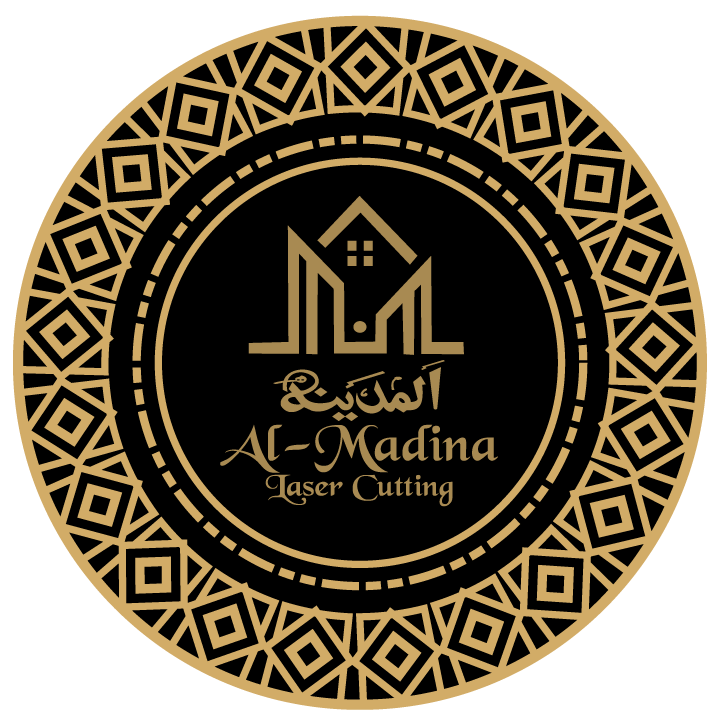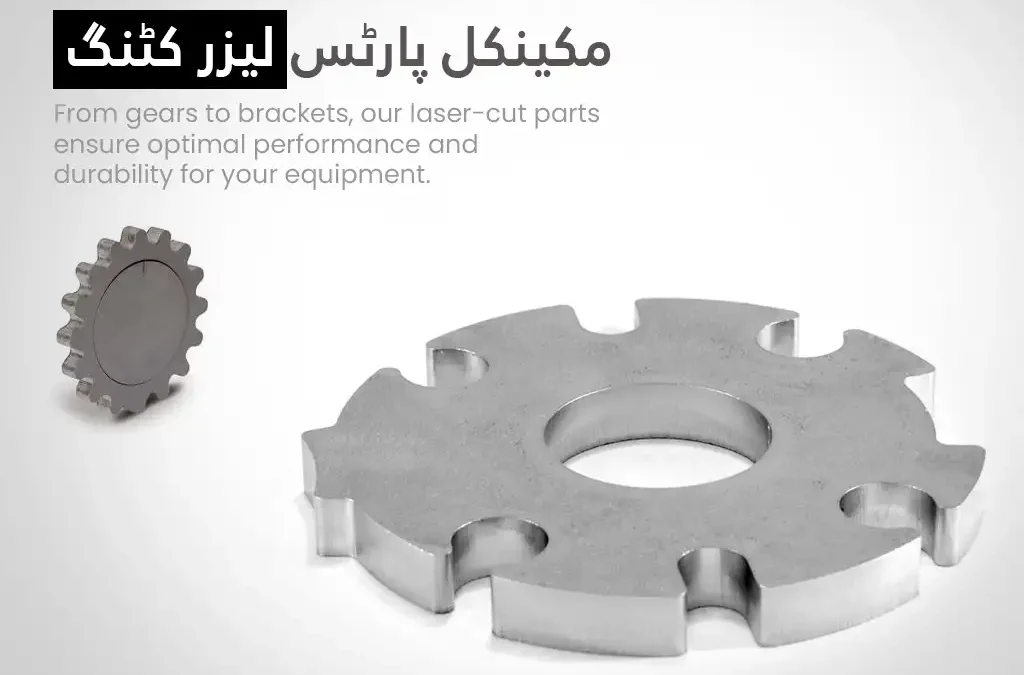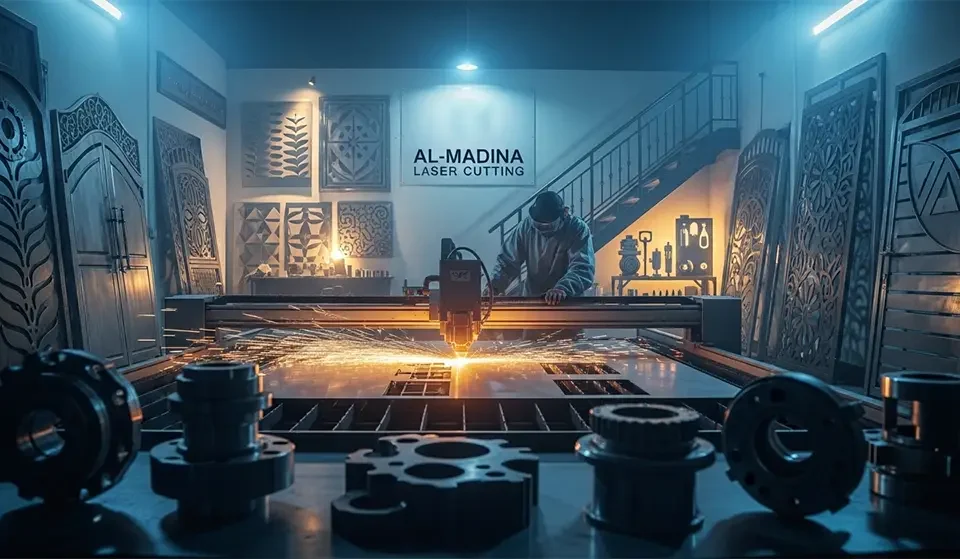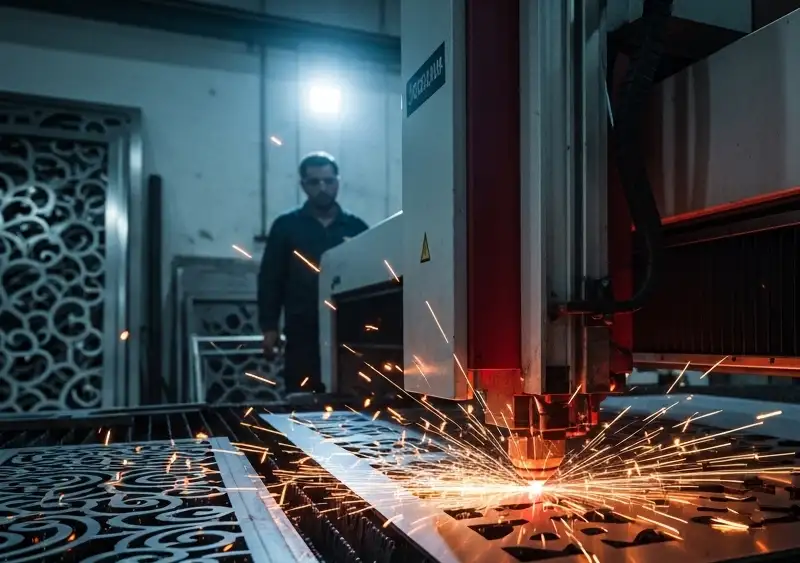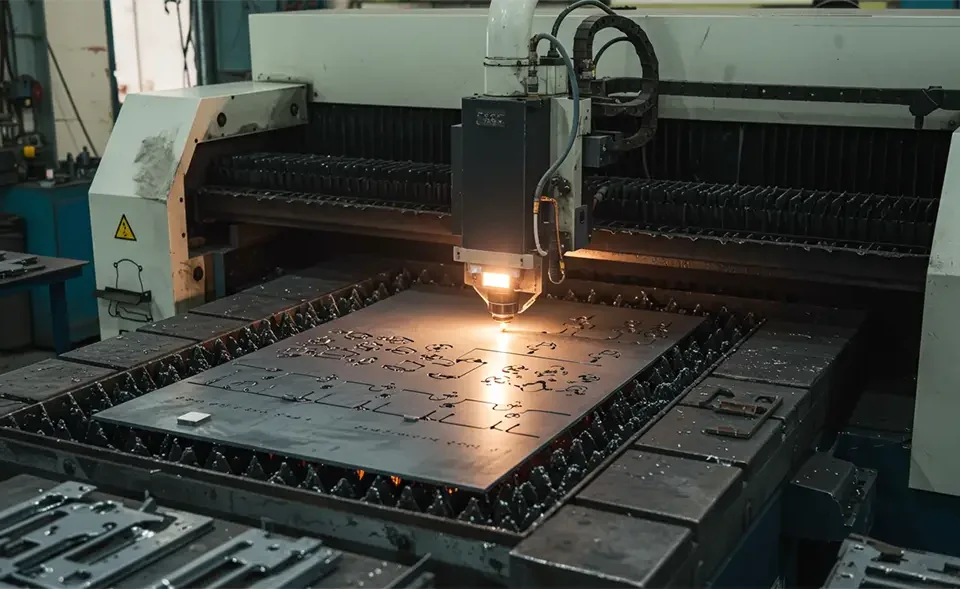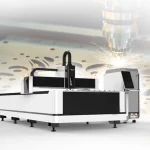
Unleashing the Power of Laser Cutting: Precision, Versatility, and Endless Possibilities
April 20, 2024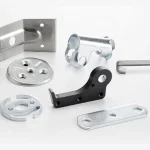
Precision Laser Cutting of Mechanical Parts in Pakistan
May 8, 2024Laser cutting has emerged as a game-changing technology in the manufacturing industry, revolutionizing the way mechanical parts are produced. With its exceptional precision, speed, and versatility, laser cutting services have become an indispensable tool for fabricating intricate and complex mechanical components. In this article, we delve into the world of laser cutting for mechanical parts, exploring its benefits, applications, and the impact it has on the manufacturing sector.
Introduction to Laser Cutting for Mechanical Parts
Mechanical parts often require intricate designs, tight tolerances, and precision engineering to ensure optimal performance and reliability. Traditionally, these components were manufactured using conventional cutting methods, such as milling, drilling, or stamping. However, laser cutting has emerged as a superior alternative, offering unmatched accuracy, minimizing material waste, and reducing mechanical stress on the workpiece.
Laser cutting technology utilizes a high-intensity laser beam to precisely cut or engrave a wide range of materials, including metals, plastics, and composites. This non-contact process works by focusing the laser beam onto the surface of the material, melting or vaporizing it to create intricate cuts or designs with incredible precision.
Benefits of Laser Cutting for Mechanical Parts
Laser cutting services offer numerous advantages over traditional cutting methods when it comes to manufacturing mechanical parts:
- Exceptional Precision and Accuracy: Laser cutting delivers unmatched precision and accuracy, ensuring consistent and repeatable results with tight tolerances. This is crucial for mechanical parts that require high-quality finishes and precise dimensions.
- Complex Designs and Intricate Details: The laser beam can navigate complex patterns and intricate shapes with ease, enabling the fabrication of highly detailed mechanical components with intricate features.
- Versatility in Materials: Laser cutting services can work with a diverse range of materials used in mechanical engineering, including metals (stainless steel, aluminum, titanium), plastics, composites, and more.
- Minimal Material Waste: By minimizing kerf width (the width of the cut), laser cutting optimizes material usage and reduces waste, contributing to cost-effectiveness and sustainability.
- Reduced Mechanical Stress: Unlike traditional cutting methods that involve mechanical forces, laser cutting is a non-contact process, minimizing the risk of deformation or warping of the mechanical parts.
Applications of Laser Cutting for Mechanical Parts
Laser cutting services are widely utilized in various industries that require precision-engineered mechanical parts, including:
Automotive Industry
- Laser cutting is employed in the production of automotive components, such as engine parts, suspension systems, and intricate body panels.
- Prototyping and small-batch production of custom or specialized automotive parts.
Aerospace and Aviation
- Fabrication of precise and lightweight aircraft components, including structural elements, control surfaces, and interior fittings.
- Laser cutting enables the production of complex and intricate shapes required in aerospace engineering.
Industrial Machinery and Equipment
- Manufacturing of mechanical parts for industrial machinery, such as gears, bearings, and precision tools.
- Laser cutting services are used for producing customized components and replacement parts for existing machinery.
Medical and Scientific Equipment
- Fabrication of precise and intricate medical devices, surgical instruments, and scientific equipment components.
- Laser cutting allows for the production of complex geometries and intricate features required in these specialized fields.
The Future of Laser Cutting for Mechanical Parts
As technology continues to advance, laser cutting services are poised to play an even more significant role in the manufacturing of mechanical parts. The integration of automation, computer-aided design (CAD), and advanced software systems will further streamline the laser cutting process, enabling faster turnaround times and increased efficiency.
Additionally, advancements in laser technology, such as the development of more powerful and precise laser systems, will expand the capabilities of laser cutting services, allowing for the processing of new materials and the creation of even more intricate and complex designs.
Conclusion
Laser cutting services have revolutionized the manufacturing of mechanical parts, offering unparalleled precision, efficiency, and versatility. From intricate automotive components to complex aerospace assemblies, laser cutting technology has proven to be an invaluable asset in producing high-quality, precision-engineered mechanical parts. As the demand for advanced manufacturing solutions continues to grow, laser cutting services will undoubtedly play a pivotal role in driving innovation and enabling the creation of increasingly complex and sophisticated mechanical systems.
Frequently Asked Questions (FAQs)
1. What materials can be cut using laser cutting for mechanical parts?
Laser cutting services can work with a wide range of materials used in mechanical engineering, including metals (stainless steel, aluminum, titanium), plastics, composites, and more.
2. How precise is laser cutting compared to traditional cutting methods?
Laser cutting offers exceptional precision and accuracy, with the ability to achieve tight tolerances and repeatable results. The non-contact nature of laser cutting minimizes mechanical stress and deformation, ensuring consistent quality.
3. Can laser cutting handle intricate and complex designs?
Yes, laser cutting is ideal for creating intricate and complex designs with ease. The laser beam can navigate complex patterns and intricate shapes with high precision, making it suitable for detailed mechanical components.
4. Is laser cutting cost-effective for mechanical parts manufacturing?
Laser cutting can be cost-effective, particularly for complex designs and small production runs. By minimizing material waste and offering faster production times, laser cutting can reduce overall costs and improve efficiency.
5. How does laser cutting impact the surface finish of mechanical parts?
Laser cutting can provide a clean and smooth surface finish, reducing the need for additional finishing processes. However, the surface finish may vary depending on the material and laser cutting parameters used.
6. Can laser cutting services handle large-scale projects for mechanical parts?
Yes, many laser cutting service providers have the capability to handle large-scale projects for mechanical parts, with industrial-grade laser cutting machines and the capacity to process large volumes of materials efficiently.
7. Is laser cutting an environmentally friendly process?
Yes, laser cutting is generally considered an environmentally friendly process. It produces minimal waste, reduces the need for harmful chemicals or coolants, and has a low carbon footprint compared to traditional cutting methods.
8. How long does the laser cutting process take for mechanical parts?
The time required for laser cutting depends on various factors, such as the complexity of the design, the material thickness, and the overall size of the project. In general, laser cutting is a relatively fast process, with some projects being completed in just a few minutes.
9. Can laser cutting services be used for prototyping mechanical parts?
Yes, laser cutting services are ideal for prototyping mechanical parts. The ability to create intricate designs quickly and with minimal setup makes laser cutting a cost-effective solution for prototyping and small-batch manufacturing.
10. What safety measures are in place for laser cutting services?
Safety is a top priority in laser cutting services. Strict safety protocols are followed, including the use of protective equipment, enclosed workspaces, and trained personnel. Additionally, laser cutting machines are equipped with advanced safety features and interlocks to ensure the utmost safety during operation.
